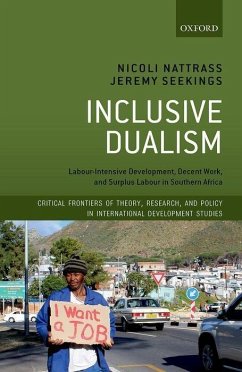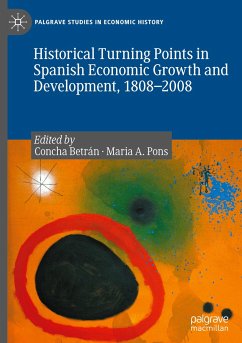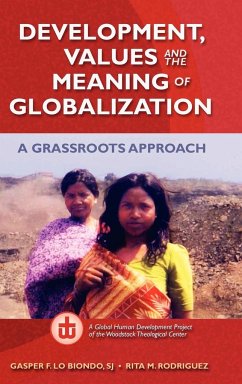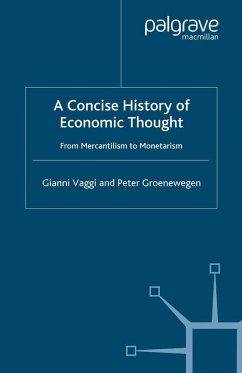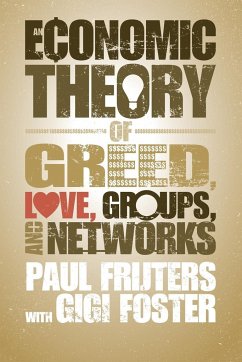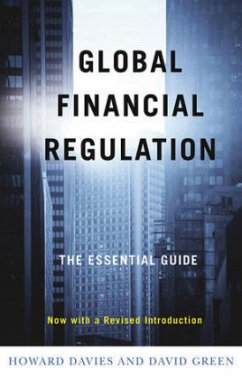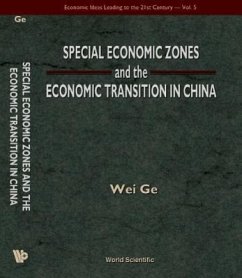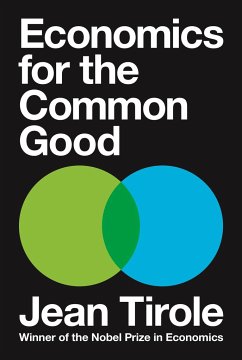Nicht lieferbar
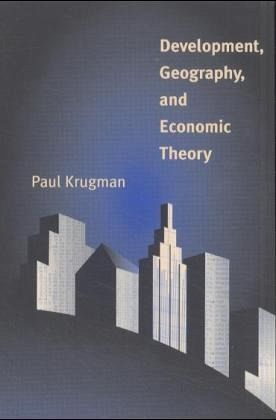
Development, Geography, and Economic Theory
Versandkostenfrei!
Nicht lieferbar
Why do certain ideas gain currency in economics while others fall by the wayside? Paul Krugman argues that the unwillingness of mainstream economists to think about what they could not formalize led them to ignore ideas that turn out, in retrospect, to have been very good ones.Krugman examines the course of economic geography and development theory to shed light on the nature of economic inquiry. He traces how development theory lost its initial influence after it became clear that many of the theory's main insights could not be clearly modeled, and concludes with a commentary on areas where f...
Why do certain ideas gain currency in economics while others fall by the wayside? Paul Krugman argues that the unwillingness of mainstream economists to think about what they could not formalize led them to ignore ideas that turn out, in retrospect, to have been very good ones.
Krugman examines the course of economic geography and development theory to shed light on the nature of economic inquiry. He traces how development theory lost its initial influence after it became clear that many of the theory's main insights could not be clearly modeled, and concludes with a commentary on areas where further inquiry looks most promising.
The Ohlin Lectures
Review text:
'This is a book that should be read by all economists.'
-- Roger E. Backhouse, The Economic Journal
'A stimulating essay by one of the world's most thoughtful and innovative economists.'
-- Paul Ormerod, The Times Higher Education Supplement
Krugman examines the course of economic geography and development theory to shed light on the nature of economic inquiry. He traces how development theory lost its initial influence after it became clear that many of the theory's main insights could not be clearly modeled, and concludes with a commentary on areas where further inquiry looks most promising.
The Ohlin Lectures
Review text:
'This is a book that should be read by all economists.'
-- Roger E. Backhouse, The Economic Journal
'A stimulating essay by one of the world's most thoughtful and innovative economists.'
-- Paul Ormerod, The Times Higher Education Supplement




